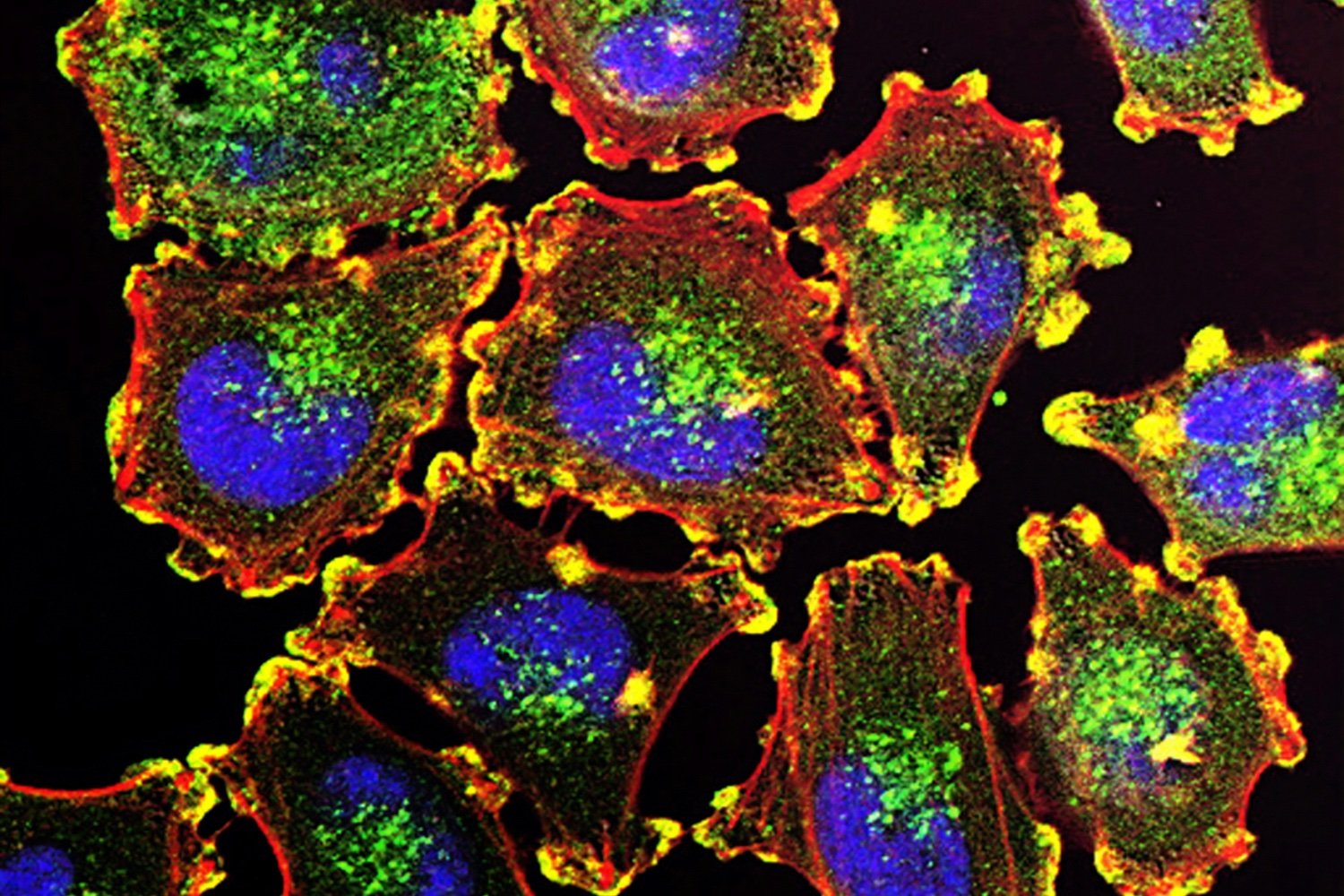Imagine bacteria capable of resisting everything that nature has to throw at them: enzymes, predators, immune system. It is precisely this scenario that worries a group of 38 researchers, whose column appeared in Science sound the alarm. They call for a ban on research aimed at creating these “mirror” organisms, with properties reversed from those of natural living beings.
Chills down the back
Ruslan Medzhitov, an immunologist at Yale University, does not mince his words: “ Contamination of the planet by these bacteria would be dramatic. Even simple contact with infected soil or dust could become fatal. » Jack Szostak, Nobel-winning chemist, adds: “ The damage could be far worse than anything we’ve faced so far. »
These so-called “mirror” bacteria are said to be formed of inverted biomolecules. Clearly, where natural proteins are “left” and DNA “right”, their synthetic versions would be the opposite. If this chemical inversion allows them to survive longer in the body – a property already exploited in certain drugs – it could make these bacteria invisible to the immune system and resistant to anything that destroys natural microbes.
Faced with these fears, the authors recommend a radical approach: stop research on these bacteria, even before it becomes technically possible. According to them, prevention is better than cure.
But not everyone agrees. “ These are very theoretical scenarios », Estimates Gigi Gronvall, immunologist at Johns Hopkins. She criticizes the idea of banning research that could lead to unforeseen advances: “ It’s like banning fire because it can cause fires. »
Andrew Ellington, a synthetic biologist in Texas, also finds this caution exaggerated. “ These bacteria are expected to face fierce competition in nature “, he points out, suggesting that they may never represent a real threat. He compares this ban to an unjustified brake on innovation.
Others, like Katarzyna Adamala, however, change their position after becoming aware of the risks. “ Initially, I wanted to create these bacteria to explore the origins of life “, she says. “ But now I think this project should not see the light of day. »
So, should we fear these “mutant microbes”? If their creation is still a decade away, this debate illustrates a crucial issue: where should the limits of science be set? Researchers are divided on the question. But this discussion is only just beginning, and it should occupy scientific circles for many years.
🟣 To not miss any news on the WorldOfSoftware, , .












